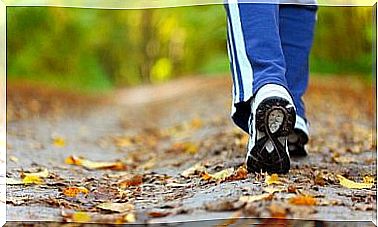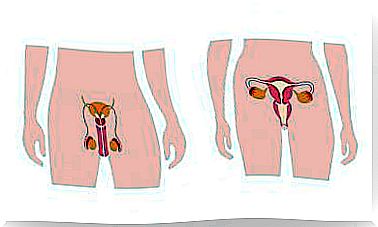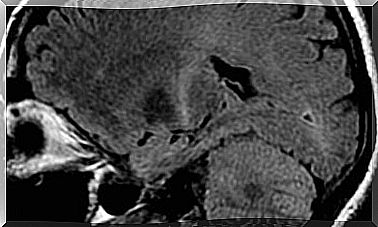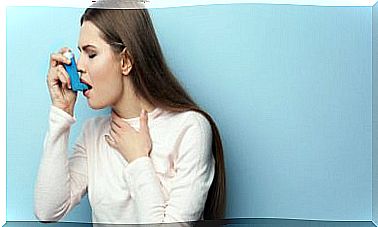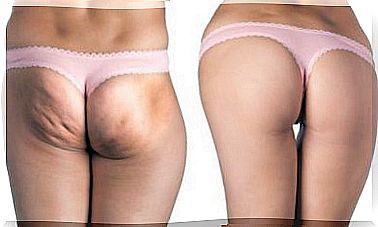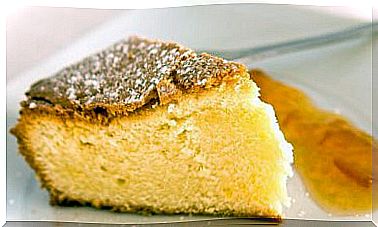Foods Not Allowed In A Vegan Diet
If we follow a vegan diet it is important to make sure that we do not consume any product of animal origin, that includes some additives that you may not know.
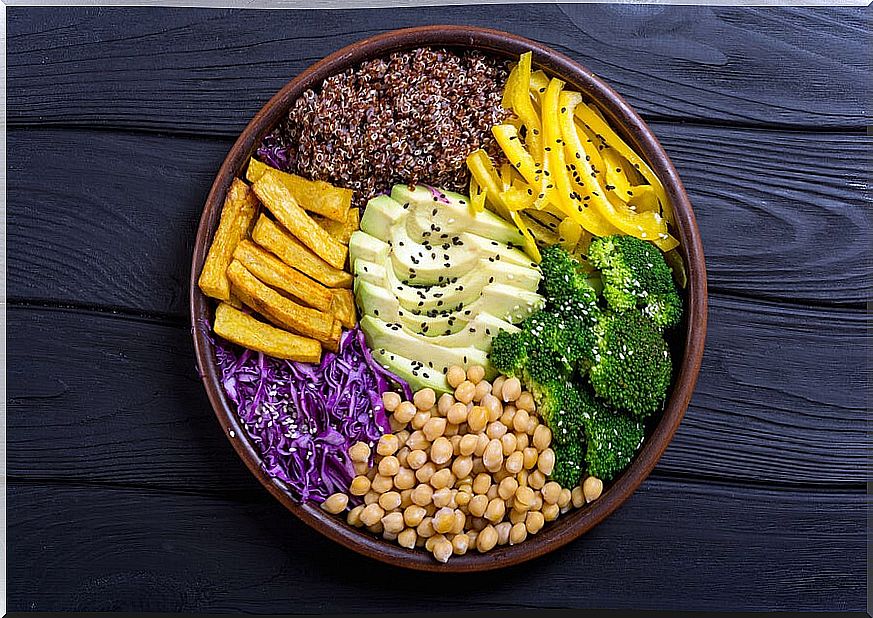
People who follow a vegan diet are those who reject the consumption of foods of animal origin. The term was coined in 1941 by Donald Watson, founder of the Vegan Society.
The so-called ‘vegans’ are distinguished from those who practice vegetarianism. Not only do they not eat meat or fish, but they also do not use industrialized products of animal origin. This type of category includes cleaning or hygiene items or cosmetics, among many others.
If you are considering going vegan, whether for ethical, environmental, or dietary reasons, below we will help you discover which foods and food additives are prohibited in this diet.
Foods and additives that are not allowed on a vegan diet
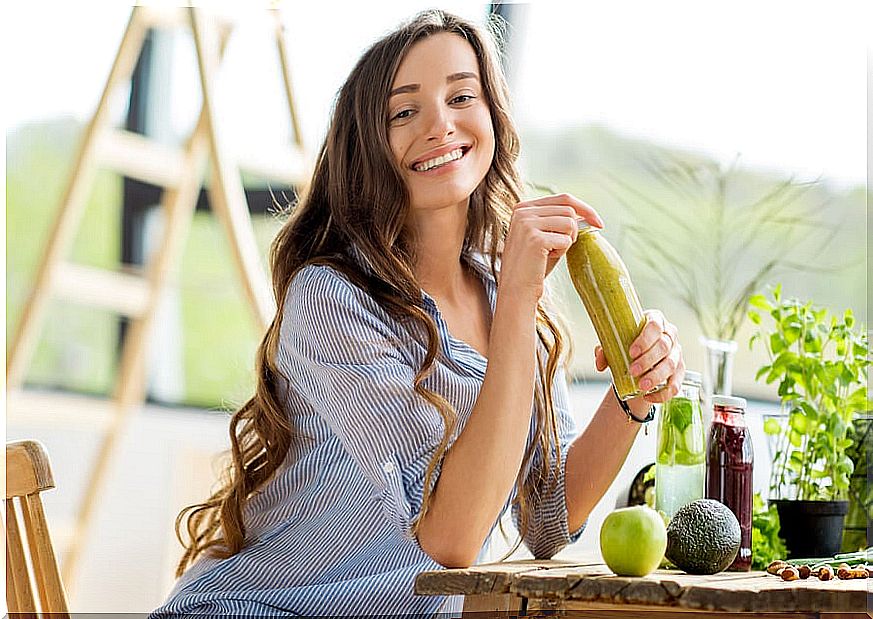
Many of the foods and products you consume on a daily basis have added ingredients that are usually of animal origin. If you want to go vegan, it is essential that you always read the labels of food and any other product you intend to buy, to know exactly what ingredients they contain.
Here we explain which condiments are generally of animal origin so that you know how to avoid them.
Animal fats
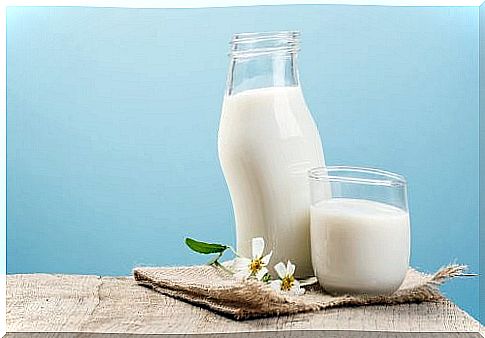
A vegan will refrain from buying foods whose nutritional labeling indicates that they come from animal fats. But keep in mind that many products often present them as “edible fat. “
- You can find animal fats in bakery items and industrial confectionery – most are made up of eggs and milk.
Food Additives
The World Health Organization (WHO) defines additives as “substances that are added to food to preserve it, make it safer or improve its taste, freshness, appearance or texture”.
There are both additives of vegetable and animal origin. The most commonly used additive in everyday consumer products is E441. It is a gelatin that comes from the treatment with alkalis or acids of animal skins, tissues or bones, particularly pigs.
Also the additive E120, known as carminic acid. It is obtained from the insect Dactylopius coccus Costa, a type of mealybug. The substance is combined with ammonia, aluminum or calcium, to extract the red tones.
Alcohol
During the wine or beer clarification process, a natural collagen that comes from the swim bladder of fish, gelatin, chitin (that comes from crabs) or dried blood is usually used. Also from the proteins found in milk and eggs.
Jelly
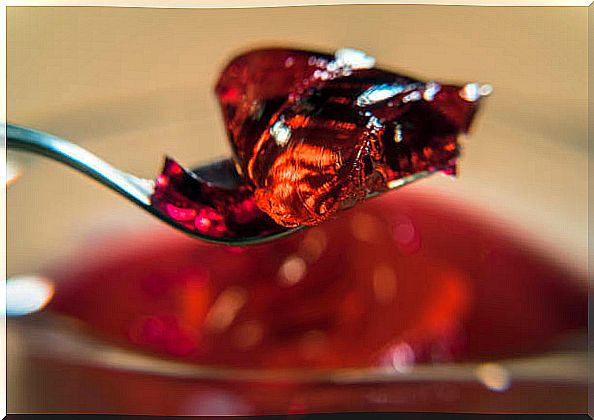
This food contains collagen, which in most cases is extracted from the skin of the ox or pig. Marshmallows and other gummies also contain animal-based gelatin, unless otherwise specified. If you need gelatin for cooking, an ideal vegan option is agar agar, a type of vegetable gelatin derived from algae.
Aspic
It is a molded gelatin preparation that comes from animals (either meat or fish). Any dish that has this additive is excluded from a vegan diet.
English sauce
Generally, companies that produce Worcestershire sauce use anchovies, one of the best-known blue fish in world cuisine. Remember that also the consumption of sauces is not recommended for general health. These preparations manage to provide extra calories and increase the risk of obesity.
Natural flavorings and seasonings
Some of the natural seasonings or flavorings have ingredients of animal origin. A clear example of this is the castoreum. It is a stabilizer that comes from the secretions of the anal scent glands in beavers. Castoreum is not on the list of food additives authorized by the European Union.
It is used to flavor certain foods, especially those that have a vanilla flavor. On the other hand, many additives have proven to be harmful to health in the medium term. It is advisable to limit its consumption.
L-Cysteine or E-920
This amino acid is used as a softening agent, and it often comes from poultry and pig feathers. Some products that are present in bakeries, such as donuts and breads, contain cysteine.
Others
In addition to the foods on the previous list, the vegan diet also excludes products derived from honey, and candies and sweets made with shellac or shellac, a substance secreted by the shellac worm. Instead, opt for the vegan option.
However, try not to use sweeteners for the preparation of recipes. It is necessary to dramatically reduce the addition of sugar, since this ingredient increases the risk of developing diseases when consumed regularly. This is demonstrated by a study published in the Journal of Hepatology.
Avoid products of animal origin if you are following a vegan diet
As you can see, sticking strictly to a vegan diet is not so easy if you buy processed foods. Pay attention to the ingredients in everything you buy at the supermarket to make sure it does not contain additives of animal origin.
